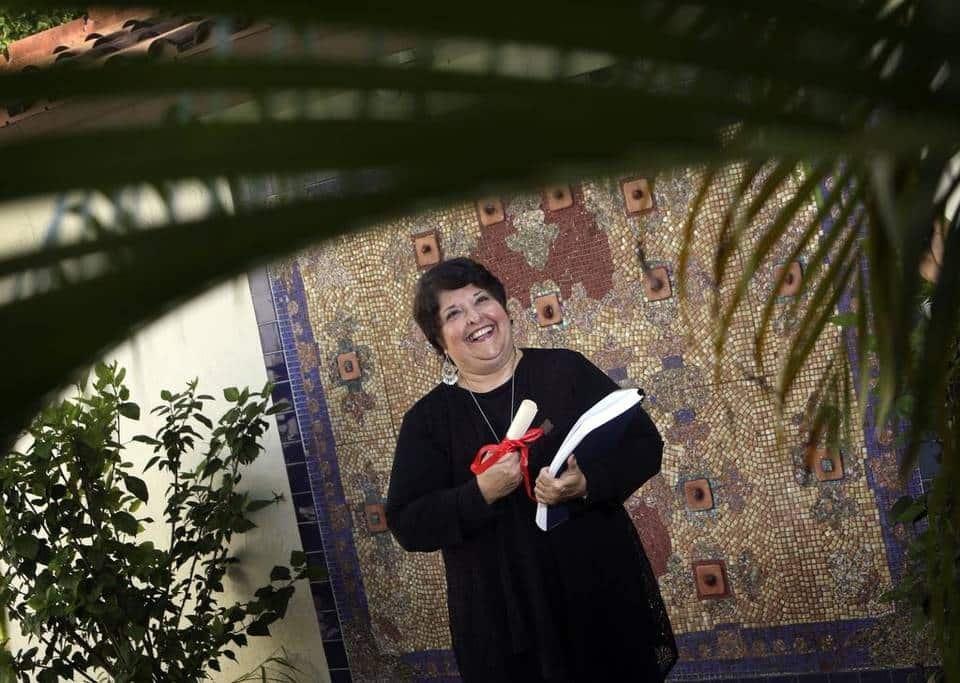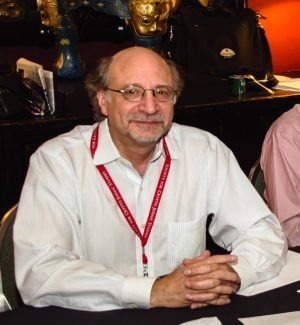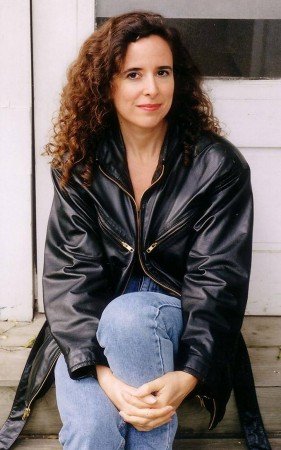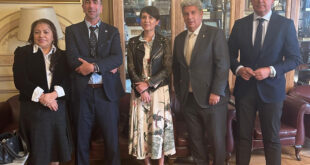
The search for roots, that yearning to know who came before us and what their lives were like, has long motivated the growing national interest in genealogy. Some sleuths take it very seriously, digging through centuries’ worth of birth and death certificates. A few discover surprising secrets, truths about a lost identity they had never suspected.
Genie Milgrom of Kendall is one of those amateur genealogists. She has spent years tracing her lineage to Jews who lived in Spain and Portugal, a revelation that brought her back to her ancestors’ faith. Raised Catholic, the Cuban-American woman is now an Orthodox Jew. Her case, she says, is hardly unique and she receives daily inquiries from Hispanics digging into the past.

So when Milgrom became president of the Society for Crypto-Judaic Studies, an organization dedicated to fostering research of Sephardic Crypto-Jews, many of them Hispanic, she decided that bringing the group’s annual gathering to Miami was a priority. Over the years her website and her books My 15 Grandmothers and How I Found My 15 Grandmothers have been go-to resources in the field.
Now, for the first time in its 25 years, the society is bringing its annual conference to Miami July 19 as a nod to the city’s role as the Gateway to the Americas.
“Miami is certainly a place where many of its residents can trace their roots back to pre-Inquisition Spain and Portugal,” says Milgrom, president of her family’s Miami-based pharmaceutical export company. “I’m hoping this conference attracts not only people tracking their Jewish roots, but also people interested in genealogy in general who might not have come if the workshops were held in a Jewish venue.”
The three-day event, at the DoubleTree Hilton Hotel Miami Airport and Conference Center, will focus on the Caribbean, but Milgrom expects that Miami’s obvious ties to Central and South America will spark the curiosity of those Latin Americans who are tracing their heritage.
An avid follower of genealogy blogs and Facebook pages, Milgrom has noticed a keen local interest in researching family trees.
“So many of South Florida’s Hispanics have been uprooted, so they’re looking for roots, for the stability they didn’t have and might find by knowing about their past,” she adds.
The gathering will feature keynote speaker Ainsley Cohen Henriques, a Jamaican genealogist who has researched his own family tree and helped found the Jamaican Jewish Archives and established a 25,000 name database of the descendants of secret Jews. Also scheduled to speak are Ruth Behar, a Havana-born University of Michigan anthropologist who has written extensively in English and Spanish about the search for home, and University of Oregon associate professor David A. Wacks on how secretly living a faith has impacted Jewish thought.

Because being Jewish is also a cultural experience, the conference will also feature concerts by Neil Manel Frau-Cortes and vocalist Susana Behar, who blends her Cuban/Turkish/Venezuelan heritage into Sephardic songs.
Sunday’s pre-conference genealogy workshop with Milgrom, Schelly Talalay Dardashti, founder of Tracing the Tribe: The Jewish Genealogy Blog, and Bennett Greenspan, founder of Family Tree DNA, a company that offers genealogical DNA testing, is expected to be one of the more popular sessions.
Killed, expelled and harassed by the Inquisition, Crypto-Jews secretly maintained their Jewish customs while pretending to be Catholic. Some families ended up losing their traditions and religion entirely during centuries of persecution. But in the past few decades, academic interest in these lost Jews and personal search for heritage have converged to spark a trend of returnees.
For years, that interest concentrated in the southwest United States, where some Hispanics could trace their family back to Jews who had fled the Mexican Inquisition, an extension of the Spanish Inquisition. As a result, the Society for Crypto-Judaic Studies is based in Colorado.
Milgrom believes conferences of this sort can provide support to those digging through the past. While some consider their Jewish ancestry an interesting fact but do not return to the faith, others do — only to practice it in secret, for fear of their Christian relatives’ rejection.
“You have to be very strong to follow through with this,” Milgrom adds. “You have to be able to stand and say ‘this is who I am.’”
Source: Miami Herard
 eSefarad Noticias del Mundo Sefaradi
eSefarad Noticias del Mundo Sefaradi

